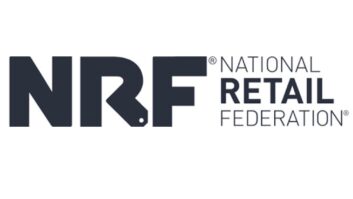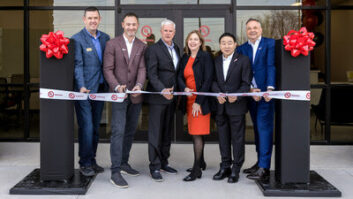Update! Ann Arbor, Mich. — Customer satisfaction can not only increase brand loyalty, it can also boost a retailer’s stock price, the University of Michigan said.
According to Claes Fornell, a professor at the university’s Ross School of Business and author of “The Satisfied Customer: Winners and Losers in the Battle for Buyer Preference,” customer satisfaction is important in preventing shoppers from defecting as dealers compete for shrinking dollars.
Moreover, Fornell found that while most retailers have seen their stock prices fall, those that improved customer satisfaction were punished less by investors.
The correlation was made with the American Customer Satisfaction Index (ACSI), a national economic indicator of customer evaluations of the quality of products and services from about 200 companies in 44 industries. The quarterly index, based on a 100-point scale, is produced by Fornell and the Ross business school in partnership with the American Society for Quality and CFI Group.
On average, retailers with improving ACSI scores lost about 30 percent of their market value in 2008, while those with declining ACSI scores lost nearly twice as much (57 percent), Fornell said. By comparison, the S&P 500 dropped by 38 percent.
Last year, customer satisfaction with specialty retailers rose modestly, up 1.3 percent to 76 on the ACSI scale, while customer satisfaction with e-tailers slipped by nearly the same degree, to an ACSI score of 82.
Customer satisfaction across all retail channels rose 1.3 percent to 75.2, and edged up 0.9 percent across all business sectors to an ACSI score of 75.7.
Among national chains that sell consumer electronics, low-service-model Costco actually led the pack — and all industries — with a customer satisfaction score of 83, up 2.5 percent from 2007. By comparison, Best Buy was flat year-over-year with a score of 74, and Circuit City rose 1.4 percent last year to 72.
Online-only retailers largely trounced traditional chains in the ratings. Among the e-commerce crew, Newegg.com topped the chart with an ACSI score of 88, reflecting a 1.2 percent increase year-over-year. Amazon.com came in second with an 86, representing a 2.3 percent decline.
Newegg merchandising VP Bernard Luthi attributed his company’s top score to “lightning-fast shipping” and a “no-nonsense business model that places our priority on customer service above all else.” The 8-year-old business has more than 11 million registered users and boosted revenues 13 percent last year to a record $2.1 billion in sales, making it the second-largest online-only retailer in the United States, it said.
Overstock.com saw the biggest improvement in customer satisfaction, up 2.5 percent to 82, while eBay had the biggest drop, down 3.7 percent to a score of 78.
Among PC manufacturers with direct-sell operations, Apple topped the cart with an ACSI score of 85, up a whopping 7.6 percent year over year. Dell followed at 75, up 1.4 percent, and was trailed by Hewlett-Packard’s HP brand at 73, down 4 percent; Gateway at 72, down 4 percent; and HP’s Compaq brand, down 4.1 percent to 70.













